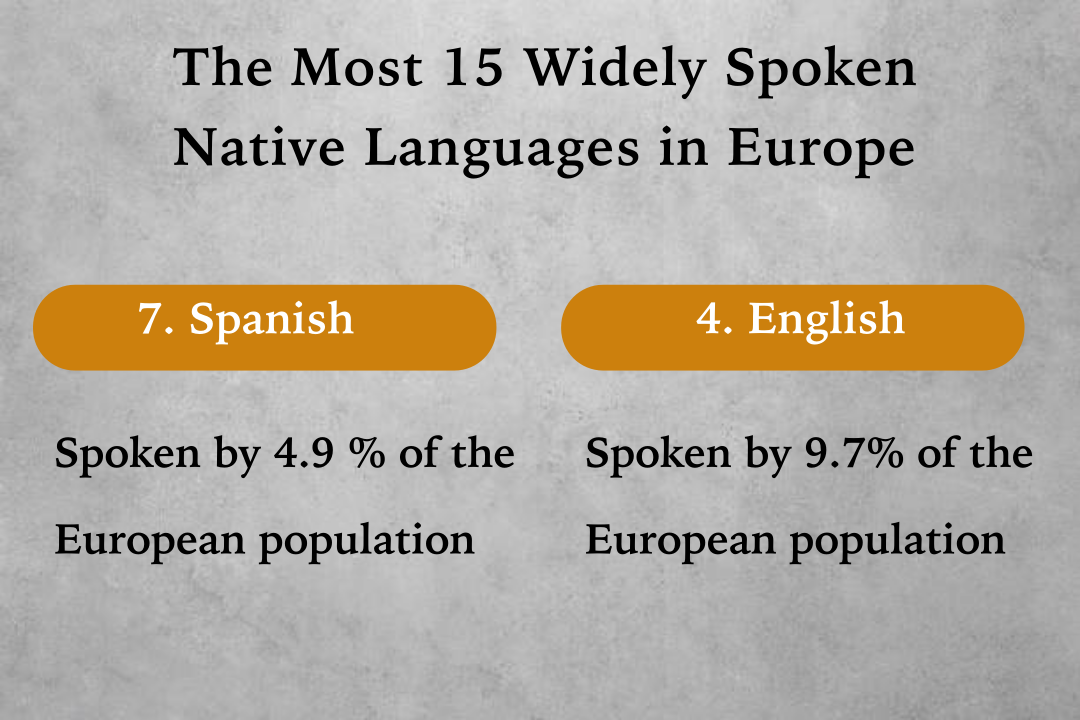Considering the rapid evolution of language, it is challenging to conceive how individuals communicated 200 years ago, not to mention 500 or even 1,000 years ago. Even when we observe movies depicting ancient civilizations, the characters typically speak a language resembling that of the audience, distorting our perception of how people truly spoke during those times.
Thank you for reading this post, don't forget to subscribe!The team at Equator AI, however, is providing an authentic glimpse into the linguistic characteristics of ancient civilizations by reconstructing 15 languages that have long been silent. In their video, computer-generated simulations of individuals from those eras speaking these languages, offer a realistic portrayal of how people might have sounded back then.
The Equator channel on YouTube has numerous videos that recreate historical figures to make them relatable to people of today. The Equator” strives to preserve and revive the past of mankind, making it closer and more understandable for people of our era.”
A particularly fascinating aspect of the video is the portrayal of a young man speaking Old English from the 5th century. The language bears a resemblance to a blend of contemporary Scottish English, infused with Latin influences and abundant rolling of the letter “R”. English has undergone significant transformations over the span of 1500-plus years, to the point where it now bears little similarity to the language spoken in present times.
“Old English is mind-blowing! How could it sound so different?” TechnoGlowStick commented.
“They really loved rolling the ‘r’s, don’t they,” Huai Wei Edmund Teo added.
The video serves as a captivating means to journey into the past, while also serving as a reminder of the ongoing evolution of our language. It prompts us to contemplate that, in the not-so-distant future, individuals might stumble upon archived footage of people conversing in English during 2023 and struggle to comprehend their dialogue.
Here’s a list of all the languages in the video:
0:01 Old Norse
0:24 Mayan
0:53 Latin
1:29 Middle Chinese
1:57 Old English
2:28 Old Japanese
2:57 Old Church Slavonic
3:26 Proto-Celtic language
3:56 Middle Egyptian
4:26 Ryukyuan language
4:56 Ancient Greek
5:30 Phoenician language
5:53 Hittite language
6:23 Quechua
6:53 Akkadian language
Source: The Upworthy







